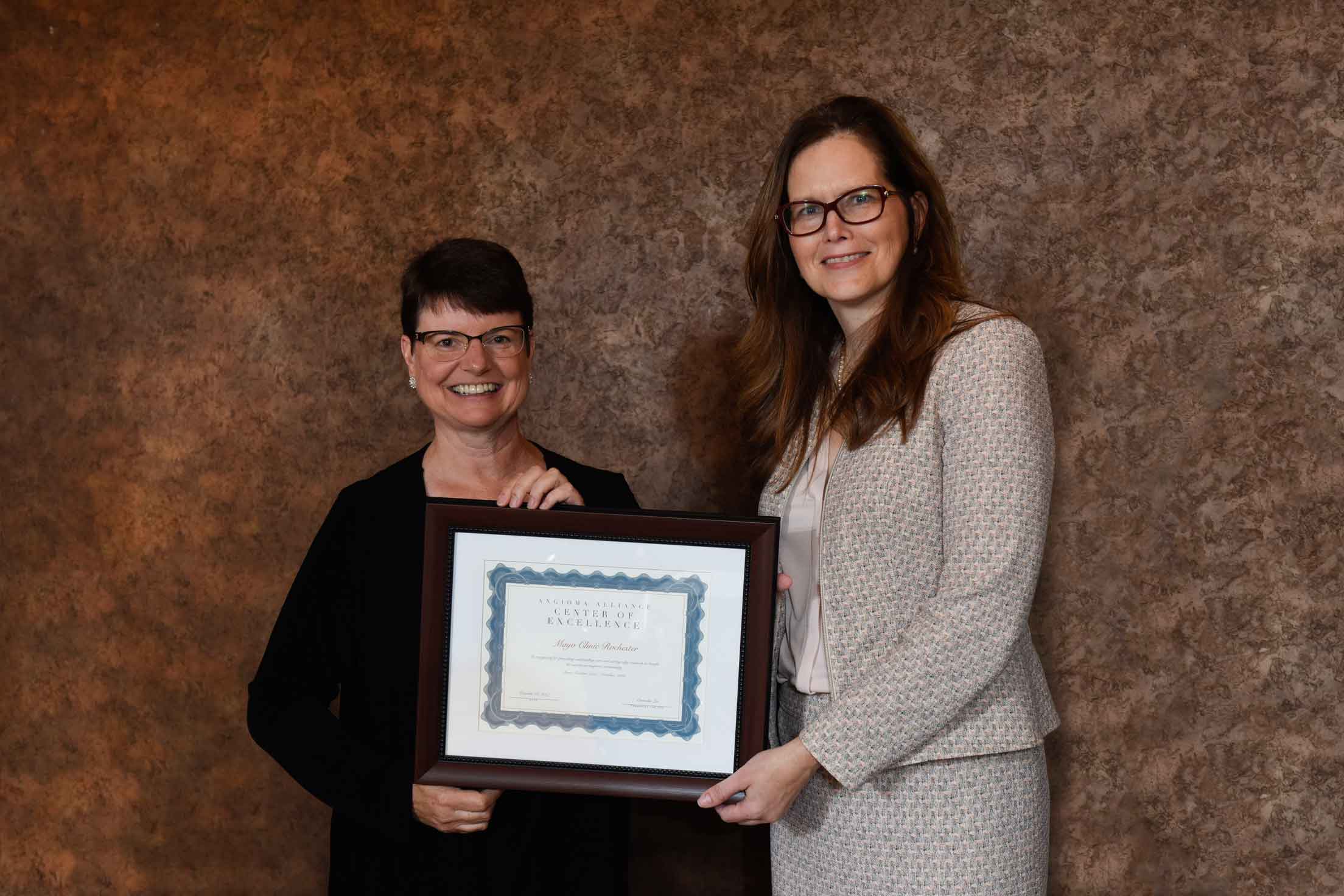
Recognized as a Center of Excellence on 10/16/2017, Public Announcement
Airbnb sample properties near Mayo Clinic
Phone: (507) 538-1036
Address: 200 First Street SW, Rochester MN 55905
Number of Outpatient CCM appointments annually: 75
Number of Inpatient CCM patient days annually: not known
Number of CCM research publications, 2012-2020: 35
Faculty
Medical Director: Kelly Flemming, MD, Department of Neurology
Co-Director: Giuseppe Lanzino, MD, Department of Neurosurgery
Additional Cerebrovascular Neurologists:
Geneticist: Ralitza Gavrilova, MD
Neuroradiologist: Waleed Brinjikji, MD
Nurse Coordinators: Jaime Hanson
Additional Faculty:
Michael Link, MD, Skull Base Neurosurgery
Lorenzo Rinaldo, MD, Cerebrovascular Neurosurgery
Jimmy Fulgham, MD, Cerebrovascular Neurology
James Klaas, MD, Cerebrovascular Neurology
Irene Meissner, MD, Cerebrovascular Neurology
Jon Graff-Radford, MD, Cerebrovascular Neurology
Fredric Meyer, MD, Cerebrovascular Neurology
Zafer Keser, MD, Cerebrovascular Neurology
Muhib Khan, MD, Cerebrovascular Neurology
Summary of the Mayo Clinic Research Program
Our main research interest is aimed at trying to understand the natural history of CCM and what medications, medical history, lifestyle factors, and activities influence lesion activity. Natural history refers to what happens to people when there is no intervention, specifically, how many people with CCM bleed if surgery is not recommended or possible. There are a number of concerns from patients that certain medications (e.g., blood thinners), medical conditions (concussion, pregnancy), or activities (weightlifting) influence CCM activity. Since 2015, we have enrolled 450 people with CCM into a prospective cohort study and followed them over time in an attempt to answer these questions that are important to people with CCM. We are further assessing the role of AI (artificial intelligence) and machine learning in determining bleed risk in CCM.
We also participated in the Trial Readiness Project for Cavernous Angioma with Symptomatic Hemorrhage which will help researchers design medication studies for patients with CCM. We are also currently participating in a Cavernous Angioma Symptomatic Hemorrhage blood biomarker study for patients with CCM in conjunction with the University of Chicago and others.
Patient Education includes a dedicated web page for CCM and a CCM-specific educational packet given to each patient.
Medical Provider Education includes Grand Rounds, dissemination of the Alliance to Cure Cavernous Malformation Clinical Care Consensus Guidelines, and the inclusion of CCM in medical school training.
Last updated 02.15.2024


